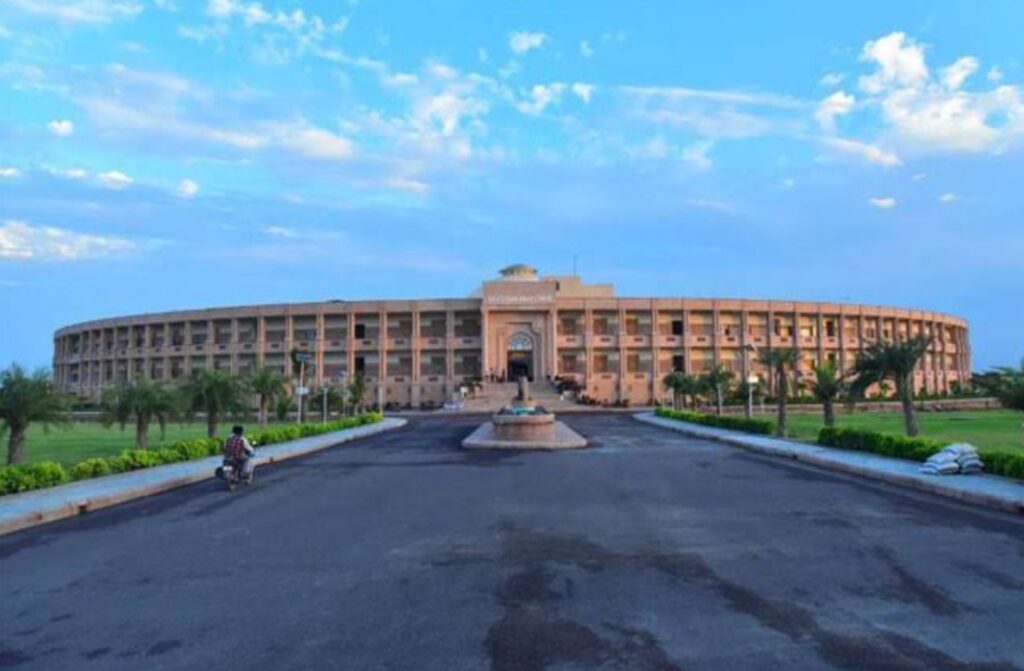In a landmark decision, the Rajasthan High Court has strongly criticized the arbitrary freezing of bank accounts by investigating agencies, stating that such actions are increasingly causing severe financial distress to businesses and individuals across the country. The ruling came in the case titled Smt. Kailash Kanwar Rathore & Ors. v. State of Rajasthan [2025 LiveLaw (Raj) 218], where Justice Manoj Kumar Garg observed that indiscriminate freezing of accounts—often based on mere allegations or suspicion—has become a troubling trend impacting the operational viability of legitimate business entities.
Arbitrary Freezing of Bank Accounts Without Legal Basis
The case involved the petitioners—family members of an accused person charged with embezzlement—whose personal bank accounts were frozen during the investigation. The petitioners, namely the wife and two sons of the main accused, contended that no criminal charges had been made against them. Despite the absence of any direct connection to the alleged crime, their accounts were frozen without notice or proper legal procedure.
The petitioners challenged this action, stating that such a move deprived them of their right to conduct lawful business activities and manage their personal finances. The applications and subsequent revision petitions filed to contest the account freezing were dismissed, prompting the petitioners to approach the High Court.
Section 102(3) CrPC: Mandatory Reporting Ignored
Central to the Court’s decision was the violation of Section 102(3) of the Criminal Procedure Code (CrPC). This provision mandates that when a police officer seizes any property—including bank accounts—they must report the seizure to the Magistrate immediately.
The Court found that in this case, the investigating agency failed to inform the Magistrate about the freezing of the petitioners’ accounts, making the action legally unsustainable. Justice Garg noted that while a delay in reporting might be seen as a procedural irregularity, a complete failure to report vitiates the legality of the seizure.
Serious Implications for Businesses and Individuals
The Rajasthan High Court highlighted that mechanical freezing of bank accounts—often without a proper nexus between the account holder and the alleged offence—is becoming a serious issue affecting Indian businesses. Justice Garg emphasized that such practices:
- Are often based solely on unverified suspicion of tainted funds;
- Disrupt normal business operations;
- Lead to undue financial hardship for individuals who are not formally accused;
- Violate the fundamental right to livelihood and trade.
The Court remarked, “This practice can severely impair the operational functioning of a business and inflict significant financial hardships upon the concerned parties, often plunging them into dire straits.”
High Court Orders Immediate De-freezing of Bank Accounts
After examining the facts and legal provisions, the Court allowed the petition and directed that the bank accounts of the petitioners be immediately de-frozen, citing gross procedural lapses and violation of the mandatory requirements under Section 102(3) CrPC.
Key Takeaway
This judgment serves as a significant precedent for businesses and individuals whose bank accounts are frozen without due process. The Rajasthan High Court’s ruling reinforces that investigating authorities must strictly adhere to procedural safeguards and cannot act in an arbitrary or mechanical manner. Any failure to comply with statutory requirements—especially failure to notify the Magistrate—renders such actions unlawful and void.

